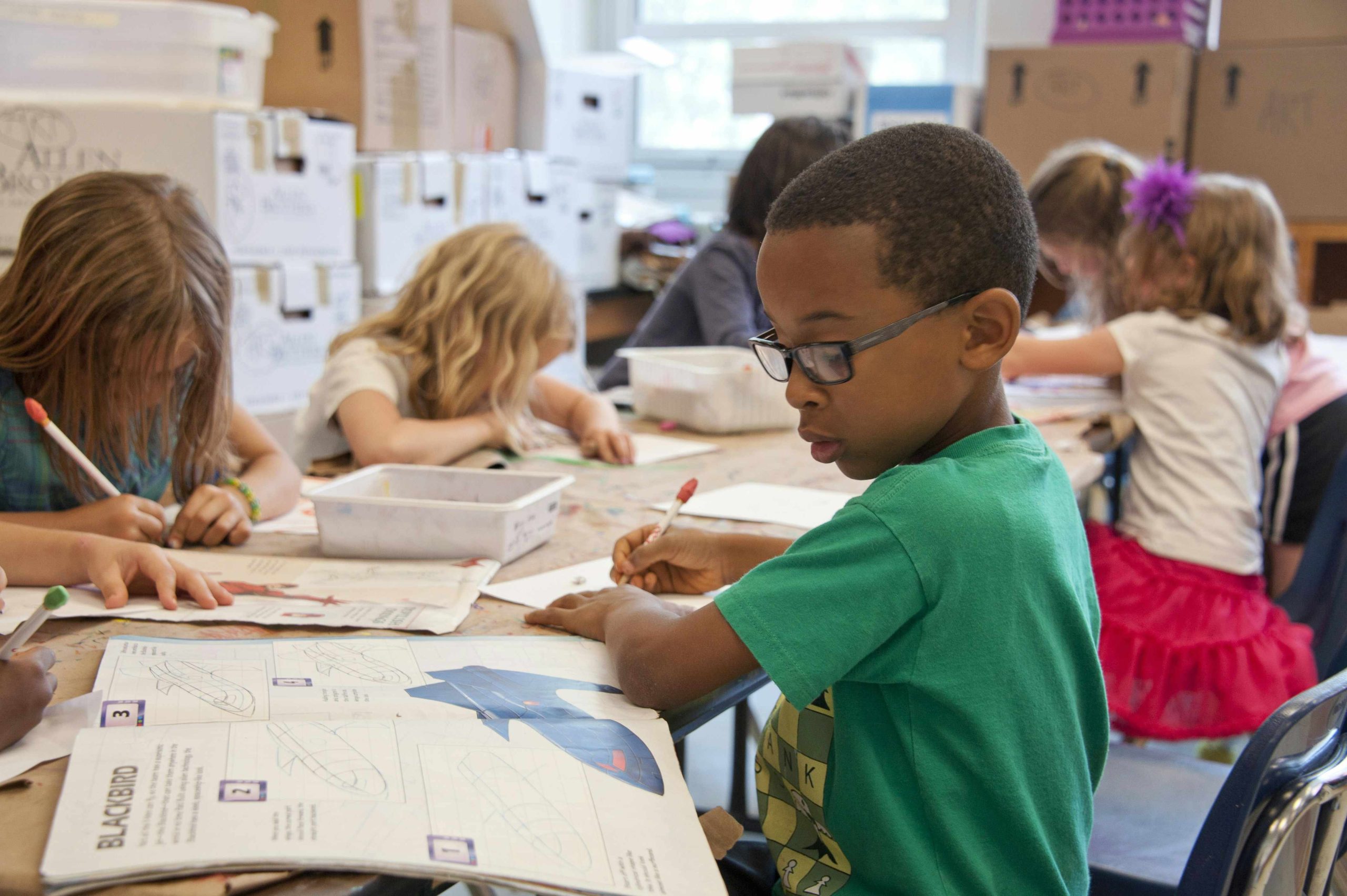
Are Enrichment Classes Necessary for Preschoolers’ Pre-formal Education?
Preschoolers are at a crucial stage of their development, where they are highly receptive to new information and experiences. In recent years, there has been a growing trend towards enrolling preschoolers in enrichment classes, such as music, art, and language classes. These classes are marketed as a way to boost preschoolers’ pre-formal education, providing them with skills that will give them a head start when they begin formal schooling. However, the question remains: are these classes truly necessary? In this article, we will explore the benefits and drawbacks of enrichment classes for preschoolers, and provide insight into how parents can make informed decisions about their child’s pre-formal education.
What are the benefits of Enrichment Classes for Preschoolers?
Preschoolers can benefit from enrichment sessions in a variety of ways, both for their intellectual and social growth. For instance, taking music lessons might help kids improve their spatial reasoning abilities, which will be useful when they start studying mathematics. Language programs can establish the groundwork for learning a new language later in life, whilst art classes can encourage creativity and self-expression. Additionally, preschoolers who take part in these sessions can learn crucial social skills like sharing, taking turns, and cooperating with others.
Drawbacks and Considerations
Enrichment classes undoubtedly have their advantages, but there may also be some disadvantages that parents should be aware of. One of the biggest worries is the pressure that these classes might put on preschoolers. Some kids might feel overburdened by the number of classes they have to attend or worried about doing well in each one. Furthermore, certain preschool sessions could not be developmentally suitable for young preschoolers and might even impede their learning by exposing them to material that is too complex for their age and cognitive capacity.
How to Make Informed Decisions about Enrichment Classes?
Ultimately, the decision about whether to enroll a preschooler in enrichment classes is a personal one that will depend on the child’s individual needs, interests, and learning style. Parents can use a few key strategies to help make informed decisions about their child’s pre-formal education. Firstly, they should consider their child’s interests and passions, and seek out classes that align with these. Additionally, they should look for classes that are developmentally appropriate and will not place undue pressure on the child. Finally, parents should communicate with their child’s teachers and caregivers to ensure a well-rounded educational experience.
Alternatives to Enrichment Classes
While enrichment classes can be beneficial, they are not the only option for preschoolers’ pre-formal education. Preschoolers might benefit from a variety of additional experiences and activities that promote intellectual and social growth. Activities like playing outside, reading books aloud, and imaginative play can supplement formal classes and provide valuable learning opportunities. Moreover, spending quality time with parents and caregivers can also contribute significantly to a child’s development.
Additional Considerations and Tips for Choosing Enrichment Classes
Parents should take into account several criteria when considering preschool enrichment sessions. Firstly, it’s crucial to consider the cost of these classes and compare them to potential advantages. Secondly, parents should research the reputation of the lessons and the qualifications of the instructors. Thirdly, parents should involve the child in the decision-making process as much as possible and ensure that the overall schedule allows for rest and unstructured play. Finally, parents should be flexible and willing to make adjustments as needed to ensure the best fit for their child.
Importance of Unstructured Play
While enrichment classes provide valuable learning opportunities, it’s essential not to overlook the importance of unstructured play. Unstructured play allows preschoolers to explore and learn in a natural and creative way, fostering creativity, imagination, physical activity, independence, decision-making, and social skills. Balancing structured activities with unstructured play is crucial for a well-rounded pre-formal education.
Enrichment Classes vs. Screen Time
In the digital age, it can be tempting to rely on screen time for entertainment and education. However, enrichment classes offer several advantages over screen time. They promote social interaction, offer hands-on learning experiences, develop creativity and imagination, and provide structure and routine. In contrast, excessive screen time can lead to isolation, passive learning, limited creativity, and disruption of routines.
Role of Parents in Pre-formal Education
While enrichment classes play a role in preschoolers’ education, parents are equally important in supporting their child’s learning and growth. Parents can read to their child, encourage play, provide learning experiences at home, and model a love of learning. By actively engaging in their child’s education, parents can help foster a lifelong love of learning and ensure their child’s overall development.
Assessing the Effectiveness of Enrichment Classes
Evaluating the effectiveness of enrichment classes is essential to ensure they meet the child’s learning needs. Parents can observe the child’s behavior, ask for feedback from teachers, monitor academic performance, and consider the child’s overall well-being. By taking a comprehensive approach to evaluation, parents can make informed decisions about their child’s pre-formal education.


